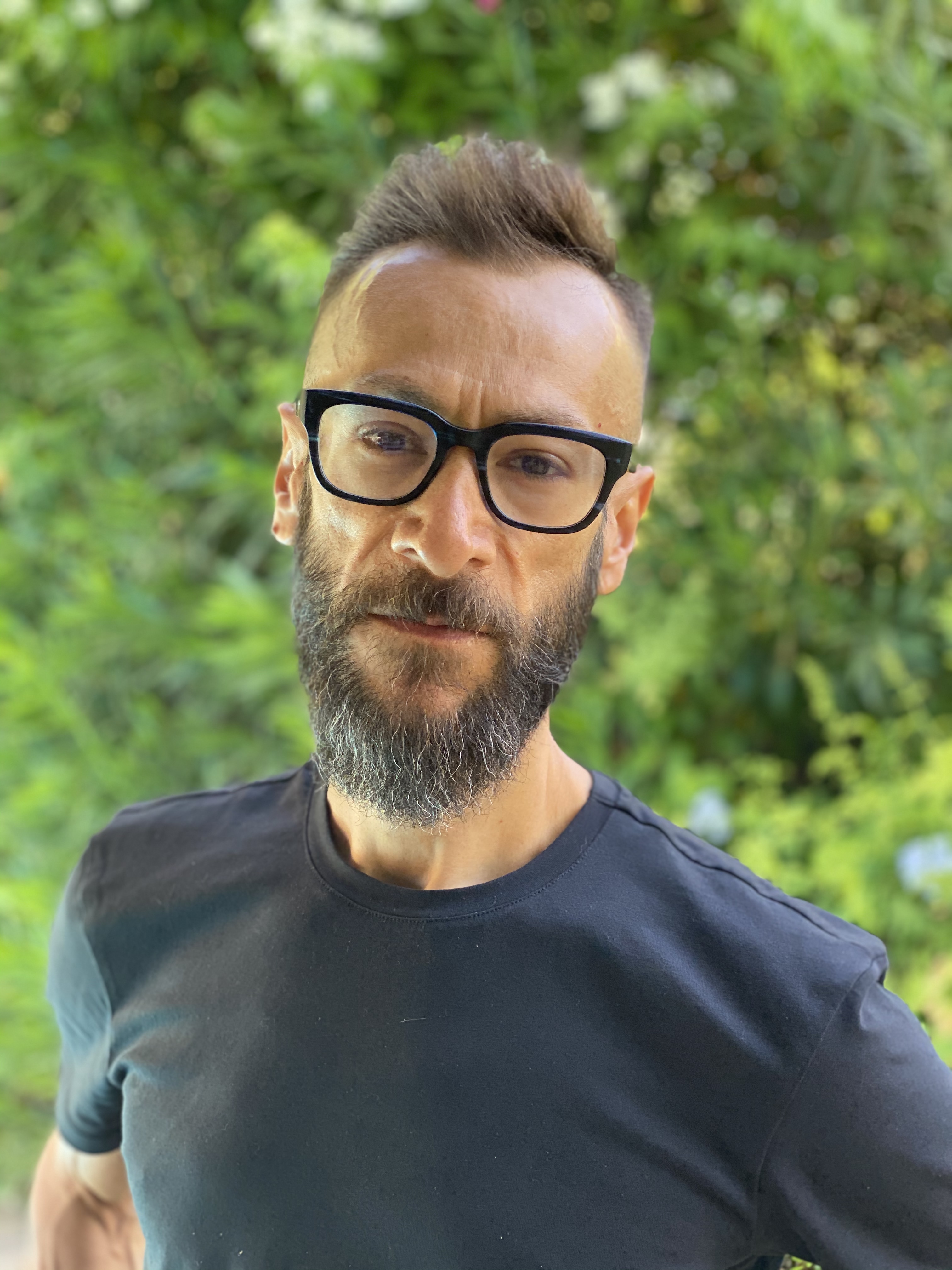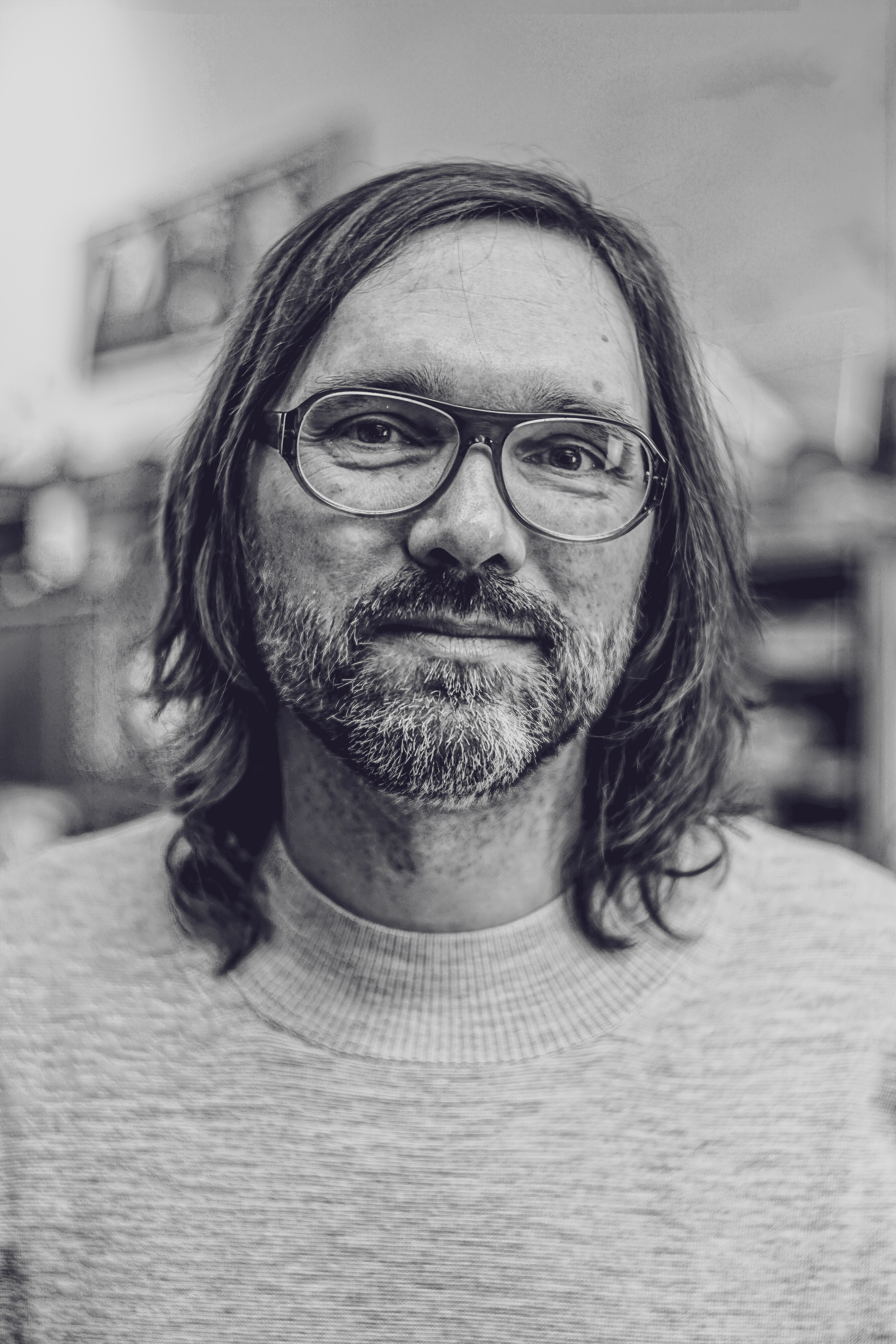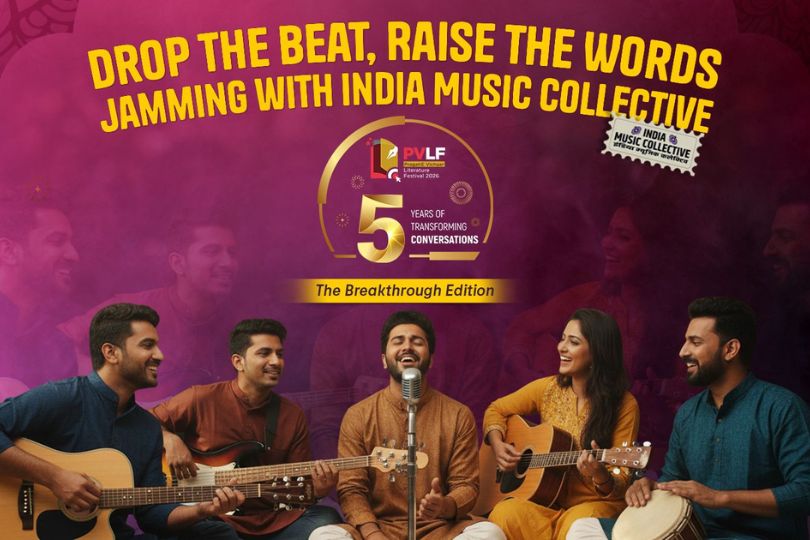Frontlist | From Bowie to Beyoncé, Berklee authors look at musicians as models of innovation
Frontlist | From Bowie to Beyoncé, Berklee authors look at musicians as models of innovationon Mar 19, 2021

What can we learn from musicians about innovation, collaboration, and problem-solving? That’s the subject of “Two Beats Ahead: What Musical Minds Teach Us About Innovation” (PublicAffairs), a new book by Panos A. Panay and R. Michael Hendrix. The book, out on April 6, is drawn in part from coursework in creative entrepreneurship at Berklee College of Music, where Panay is the senior vice president for global strategy and innovation, and Hendrix, a partner and global design director at the consulting firm IDEO, is an assistant professor. Through interviews and analysis, the authors seek to unlock some of these mysteries by looking at the careers of David Bowie, Beyoncé, Justin Timberlake, and others.
Q. What led you to write this book?
MH: We both built our own businesses and sold our own businesses. We realized there was something special about the perspective. Just like design thinking has been valuable to the business world, we believe musical perspectives are valuable to the business world.
PP: We’re both musicians. The more we started talking to people, the more we realized there was almost a universal truth and acceptance of this. Even musicians at the highest level of accomplishment possess an intuitive understanding of how their own musicianship enables them to relate and see the world, but also run the business aspects of their careers.
Q. You argue that musicians are great problem-solvers and hold the key to innovation. How so?
PP: Musicians are intuitive collaborators, but the way they go about collaboration is almost orthogonal to the traditional business way of finding collaborators, which often starts with the what rather than the who: I’m looking for an accountant, or I’m looking for a salesperson.
We tend to silo people based upon their their known skill sets, or their job title. But what you learn from these collaborators is they’re actually interested in the chemistry they discover between people.
There’s a story about Beyoncé choosing to collaborate with Jack White. It probably would have been cheaper and easier to have hired a studio musician who plays like Jack White. But she wasn’t looking to solve a specific problem with someone who plays a guitar like Jack White. She was interested in how their combined talent would lead not to a known solution for problems she had, but to a new solution for problems she didn’t know about.
MH: Translated to the business world, a good boss is interested in helping unlock people’s creativity to broaden the perspective of what’s possible. That means you don’t control the people; you control the conditions around those people. Your job as a manager is to manage the conditions, not the people themselves.
I think that’s what’s happening when Beyoncé is choosing these collaborators. She’s trying to create the right conditions.


Q. The last year has been brutal for so many musicians. What can working musicians who are just trying to make a go of it glean from the book?
PP: I’m not going to downplay the devastation that COVID has put us through any more than I’m going to downplay the devastation the initial days of pirating put the industry through. But we’re projected to be a $100 billion business by the end of the decade. Nobody would have believed that five or six years ago.
Both on an industry level and on the level of the individual, we have seen that when musicians are constrained, their own musical instincts give rise to new forms of expression and new forms of connecting with audiences. Some of the most revolutionary musical breakthroughs have come about at times of crisis. The challenge I would put to musicians out there is dive into your own senses to figure out a way out of this.
Q. What does that look like in the real world — for somebody who’s perhaps not an entrepreneur but just trying to move forward in their own life?
MH: We have a chapter about reinvention where we focus on David Bowie’s career. He’s a genre-defying artist who created a blueprint: He understood his core strengths as a songwriter and creative director, and then he had rotating musicians from different genres throughout his entire career. He set a blueprint: This is Lady Gaga’s career. This is Madonna’s career.
So what are the strengths that make you unique? It’s not your job title. It’s far deeper than that. You have to start asking: What is it that I’m excellent at? What behaviors am I excellent at? And where can that take me next?
PP: Bowie was brilliant in terms of not holding onto an identity. He started as a folk singer, became Ziggy Stardust, and re-invented himself as God knows how many personas up until the very end. And who was David Bowie? It’s funny: We all know him, but we don’t really know. Maybe that’s what we all are.
The pandemic has deprived us of almost everything we had taken for granted about who we are. It’s forced us to say: I’ve been stripped bare of all those attributes, so who am I?
One thing I hope people will take from the book is to ask: When you strip yourself down to the bare essentials, how can you use that as the source of the next you? That’s what brilliant musicians have done.
Q. Was there a common thread among musicians?
PP: They all intuitively, even without us necessarily telling them what the book was about, gravitated towards these concepts. Looking backwards, it just resonated with everybody, like: “Oh, Michael and Panos, welcome. You’re just finding this out?”
Q. What did you learn from Justin Timberlake about the importance of demo-ing?
PP: When Justin came to Berklee about a year and a half ago, I said to him, “Sometimes you go a long time between records. What are you doing in between?” He said, “You think I’m going a long time between records because that’s the output I curate, but I’m producing stuff every single day of my life.” He says that his mantra in the studio is: Dare to suck.
Don’t be afraid, because even a mistake may lead you to something like “Cry Me a River.”
It’s a process. Accept the process.
Q. What’s the most counterintuitive thing you learned in writing the book?
PP: We are taught to plan, believing we’re going to manifest the outcome. We’re taught that we can only reach the end if we have one in mind. But what if you start by saying: “I don’t really know what the end is, but I’m interested in the process, because the process will unfold wherever I’m going to go.” I think the pandemic has laid that bare. As John Lennon famously said: “Life is what happens when you’re busy making other plans.”



.jpg)






.jpg)


.jpg)
.jpg)
.jpg)
.jpg)
.jpg)

.jpg)










Sorry! No comment found for this post.